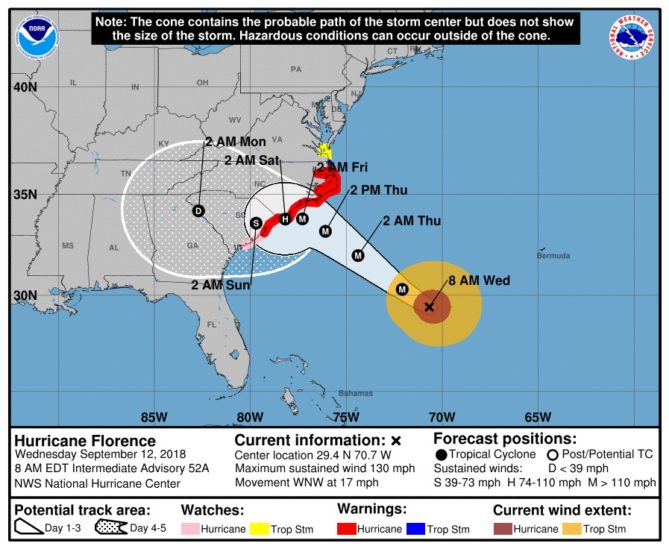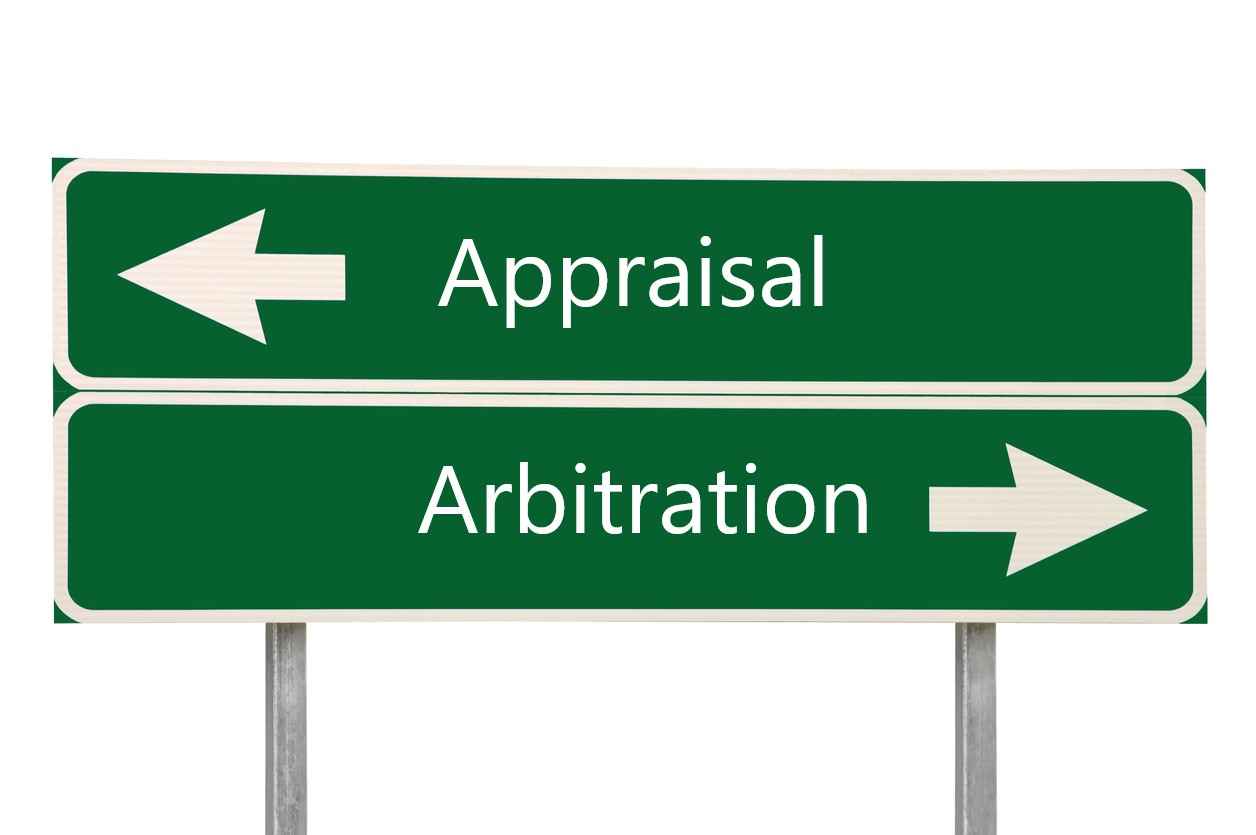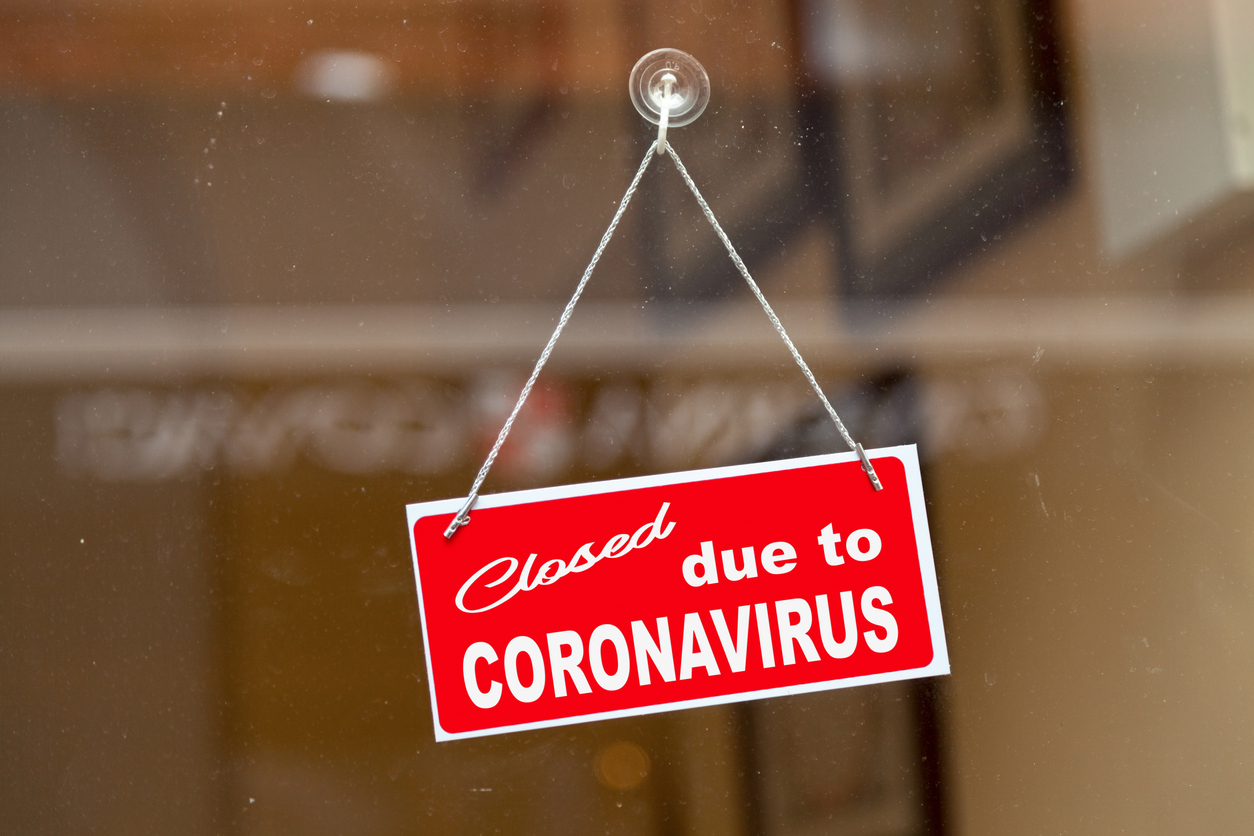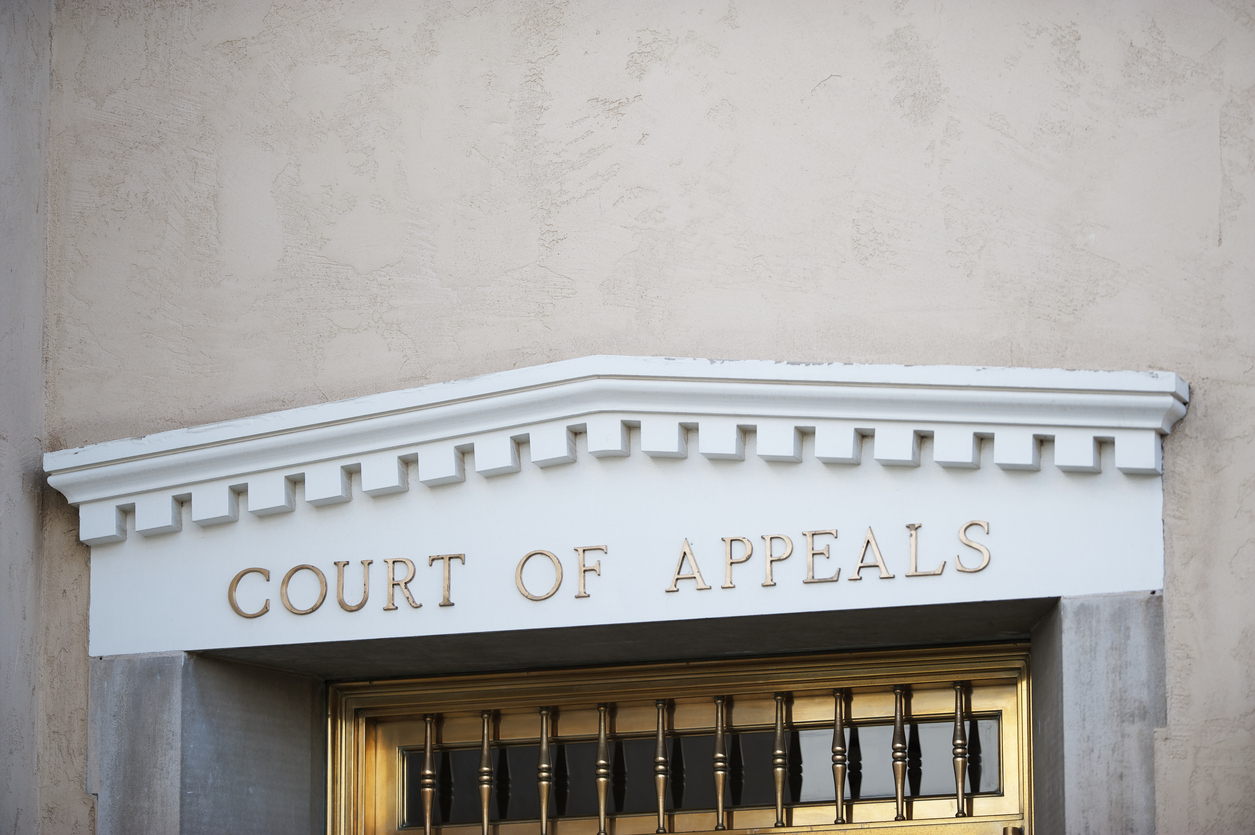The Carolinas are bracing for the impacts of Hurricane Florence – currently a Category 4 hurricane at time of publication. Unlike many storms when the hurricane track is hotly debated, and landfall is anyone’s guess, the tracking models seem to be in agreement:
As you can see in the graphic, the size of a storm is not limited to the cone, this means South Carolina and Virginia will also be significantly impacted by the storm forces. Over 1.5 million have already been ordered to evacuate. We know from study of other hurricanes that the right front quadrant of the storm packs a very mean punch and Florence will not be an exception.
Weather experts are warning about the size and strength of Hurricane Florence because of the breadth and strength of the high winds, the heavy rains, and the storm surge.
Many of our prior posts have detailed hurricane preparedness and it remains appropriate advice here.
Remember that safely is your number one priority during this state of emergency. Best practices for any homeowner or a business owner before the storm include the following:
- Prepare: Mitigate your risk of loss by securing your family, pets and property. Don’t forget medication, water, important records, cash, a radio, and batteries when you get out of harm’s way. In 2018, when we say batteries, we mean batteries for the radio and juiced up portable chargers and power banks. Many of your news alerts may come from the hurricane apps you have downloaded. From Hurricanes Irma and Harvey, many used Hurricane by the American Red Cross, Zello, Gas Buddy, Waze and Weather Underground. Best to make these downloads now.
- Follow Chip Merlin’s advice when it comes to important records:
“One lesson I learned from Hurricane Katrina was to take your insurance papers with you when you leave. If a major storm surge hits, the local insurance agency is going to get hit as well. It may wash away or not open for weeks. Owners of property may find their own property washed away along with the insurance papers carefully tucked away. The National Guard and police may prevent you from going back to your property for weeks. While many—but not all—can remember their insurance carrier, which Write Your Own flood carrier is on the declarations sheet is usually a guess without the paperwork.” - Document: Use your smart phone to photograph of your real and personal property. Upload these documents to the cloud or even a photo sharing site like Shutterfly or Walgreens.com to ensure they are not just destined to be lost if your phone is damaged. I have clients who have also taken screen shots of important papers to make a duplicate copy. You really can’t have too many photos. When it comes to documenting your property, you want to get detailed for the items of personal property with serial numbers. For your buildings, make sure to photograph all elevations and outbuildings and don’t forget roof photos.




